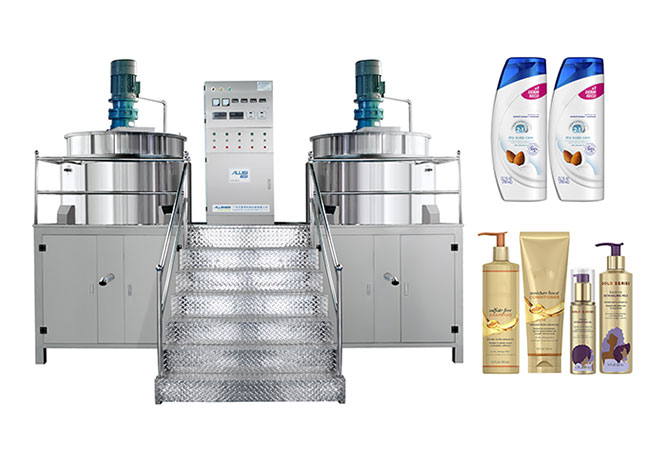The demand for high-quality cleaning products continues to expand worldwide, making advanced equipment essential for businesses that want to compete effectively. A professional liquid detergent production line provides the efficiency, precision, and scalability manufacturers need to keep pace with the market. From raw material blending to final packaging, each step requires reliable machinery designed to deliver consistent results.
A complete liquid detergent production line typically includes mixing tanks, emulsifiers, homogenizers, storage vessels, and filling machines. These systems are engineered to handle different viscosities and formulations, ensuring that detergents maintain the right balance of cleaning performance and stability. By integrating automation, the production process becomes more streamlined, reducing manual labor while maintaining uniform quality across every batch.
When evaluating the liquid soap making machine price, it is important to consider more than just the initial investment. The true value lies in the long-term benefits: energy efficiency, ease of cleaning, durability, and reduced downtime. High-quality machines may require a higher upfront cost, but they quickly pay off by minimizing waste and maximizing throughput. For businesses aiming to scale production, investing in reliable equipment translates directly into improved profitability and faster time to market.
Choosing the right equipment for liquid soap production depends on several factors, such as production capacity, formula complexity, and available space. For small- to medium-sized manufacturers, a compact mixing system with integrated heating and cooling functions may be sufficient. Larger operations, however, often benefit from fully automated production lines that include high-shear mixers, vacuum homogenizers, and advanced control panels. This ensures precise temperature control, thorough mixing, and smooth emulsification of ingredients, which are all crucial for producing stable and high-quality soap.

Another key consideration is hygiene and compliance. Since detergents and soaps come into direct contact with consumers, all equipment must be designed with sanitary standards in mind. Stainless steel construction, easy-to-clean surfaces, and GMP-compliant designs ensure that the final products are safe and meet regulatory requirements. Additionally, advanced systems allow for flexible formulation changes, enabling manufacturers to adapt quickly to shifting consumer preferences or seasonal demand.
Ultimately, selecting the right production line is not just about machinery—it is about building a reliable system that enhances efficiency, reduces costs, and supports business growth. With professional-grade liquid detergent and soap production equipment, companies can achieve consistent product quality while meeting increasing market demands.